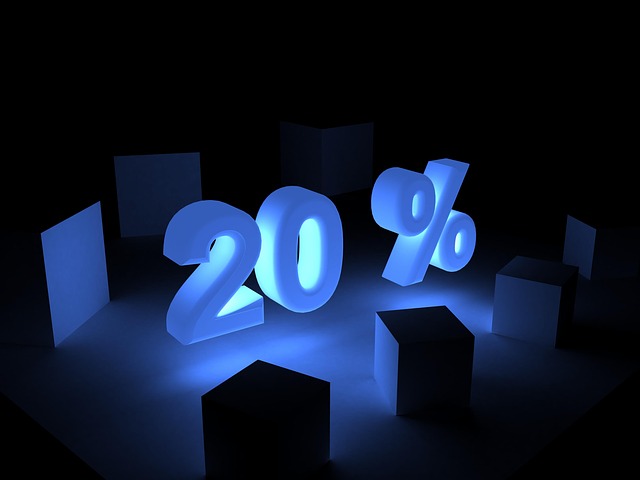We are constantly bombarded with attractive promotions and other fantastic deals whether we shop online or offline. In most cases, we cannot let these promotions pass by. Here are just some of the reasons why it is hard to resist a good bargain:
SCORING DISCOUNTS INCREASES HAPPINESS
I have been tackling a pile of paperworks for the past few weeks. I need to accomplish all my students’ documents before the new term starts. Needless to say, my stress level has been in its all-time high. As I was shopping for a gift, I saw a beautiful black dress on sale. It was on sale for 75%! How can I pass an attractive bargain like that? I felt good upon purchasing the dress.
The “pleasure” or “high” that we get from retail therapy highlights its ability to minimize sadness. Researchers from Stanford University, Massachusetts Institute of Technology, and Carnegie Mellon University found that the pleasure center (i.e., nucleus accumbens) activates when a participant saw a desirable object for sale.

Image Credits: pixabay.com
In contrast, an expensive item will cause the insula to be most activated. The insular cortex or insula is responsible for producing emotions which are relevant to your experience. Simply, it can evoke unpleasant feelings to steer you away from purchasing an item.
While shopping, our brains weigh between the immediate pleasure of acquisition and the immediate pain of paying. It seems that finding something you like and on a bargain can make you feel happier.
BARGAIN HUNTING ELICITS CONTROL
When was the last time you felt in control? Perhaps, you felt in control when the company event went smoothly as you planned. Or, when you found a S$20 bill in the street. Feeling in control is a positive thing in its general sense.
Dr. Dimitri Tsivrikos, a Consumer Psychologist, once said this statement in a BBC interview:
“The bargain price is appealing to you because it challenges the status quo. The retailer appears not to be in complete control of the final price of the product, and this makes you feel that you are now in control. And because of that you feel you can negotiate the final price that you have to pay – whether that is the sale price or even a buy one get one free deal…”
We tend to increase the likelihood of positive feelings by repeating our behavior such as bargain hunting. The positive feelings attached to it may cloud your judgement as to whether an item is actually a beneficial offer or not.
DEALS BRING EXCITEMENT
There are two types of “low pricing” models that retailers apply to attract the consumers. These are mainly the High-Low Pricing Model (e.g., H&M Singapore and their year-round sales) and the Everyday Low Pricing Model (e.g., IKEA Singapore’s core). The latter features low prices but no flashy discounts.
There is a sense of predictability with the Everyday Low Pricing model. You know that you will be receiving cheaper prices whenever you visit. However, some consumers seek adventure.
I remember the time when I bought a S$7 silk skirt, which previously retailed for S$30. I had to go through a pile of clothes to find the right size! Excitement is achieved upon scoring favorable deals in the “sale rack”.
IT BECOMES AN ADDICTION
Not skipping on an offer twice or thrice a month is acceptable. Constantly hunting for a bargain is another story. Addiction to bargain-hunting blurs out the value of an item and focuses on how big the price reduction is. Dr. April Benson, author and psychologist, highlighted that bigger price cuts are more tempting to purchase.
“If something’s 80% off the original price – you’re saving 80 percent! What you may not consider is that by not buying, you’ll save 100%!”
Image Credits: pixabay.com
Singaporeans who cannot resist the temptation of promotions may make illogical purchases such as purchasing children’s clothes for children that they do not have. They may not realize that they have a problem until the bank statements start catching up.


